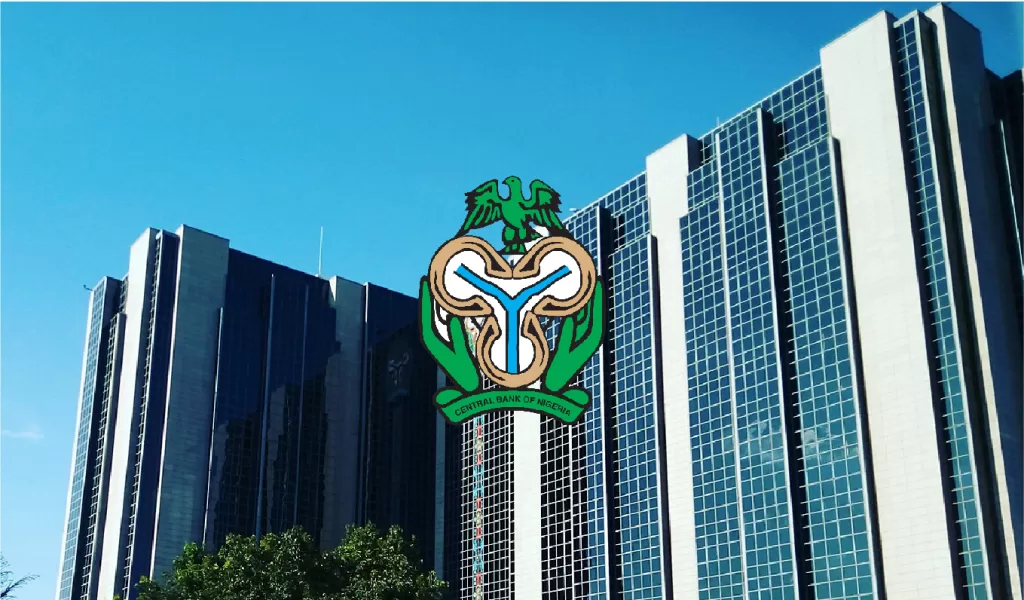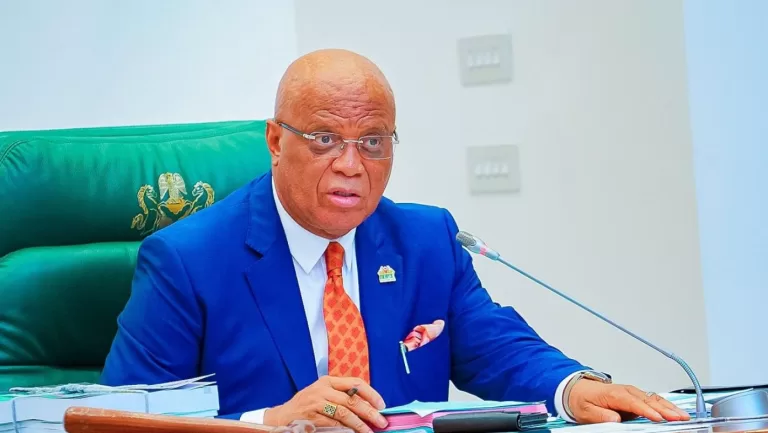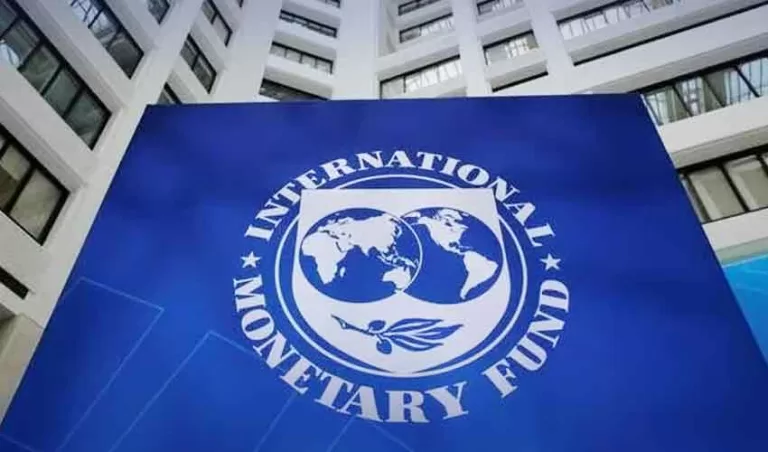
In a decisive move to stabilise Nigeria’s foreign exchange market, the Central Bank of Nigeria (CBN) on Friday sold $197.71 million to authorised dealers as the naira came under renewed pressure, driven by fresh U.S. tariffs and falling global oil prices.
The intervention, confirmed in a statement signed by Omolara Omotunde Duke, Director of the CBN’s Financial Markets Department, marks the apex bank’s first market action of the year—described by analysts as a signal that more measures may follow if macroeconomic conditions worsen.
The naira fell 2.3 percent within three days, weakening by ₦35.77 at the Nigerian Foreign Exchange Market (NFEM). It closed at ₦1,567.02 per U.S. dollar on April 4, down from ₦1,531.25 on April 2, CBN data showed. In the parallel market, it slid to ₦1,565, a ₦15 drop over the same period.
“This measured step aligns with the Bank’s broader objective of fostering a stable, transparent, and efficient foreign exchange market,” the CBN said in its statement, attributing recent volatility to external macroeconomic headwinds.
The turbulence comes on the heels of U.S. President Donald Trump’s sweeping tariff increases on imports from China, the European Union, and others—triggering global market uncertainty and “risk-off” sentiment. Oil prices, a key driver of Nigeria’s revenue, also slumped. Brent crude lost 3.2 percent to settle at $72.52 per barrel, while Nigeria’s Bonny Light fell more than 12 percent to around $65.50.
The ripple effect of these global shocks has compounded Nigeria’s FX challenges, with heightened dollar demand placing further pressure on the naira.
Analysts at Afrinvest Securities linked the demand surge partly to the suspension of the government’s Naira-for-Crude policy. Introduced in October 2024, the initiative allowed local refineries—chief among them the Dangote Refinery—to buy crude oil in naira rather than U.S. dollars. The scheme, aimed at relieving FX strain and boosting domestic refining, expired on March 31. Talks are ongoing regarding its potential renewal.
“Local refineries are now competing with fuel importers for scarce dollars,” Afrinvest noted in a client brief, warning that the absence of a renewed deal could exacerbate FX demand and weaken the naira further.
The investment firm also warned that Thursday’s sharp depreciation was likely triggered by the Trump administration’s new tariffs. Barring a significant oil price rebound or unexpected inflows, short-term naira pressure is expected to persist.
While geopolitical tensions involving Iran and Russia could push oil prices upward in April, analysts caution that Nigeria’s FX reserves may still be vulnerable. Gross external reserves stood at $38.17 billion as of April 2, down from $38.30 billion on March 28, a 0.3 percent decline.
“The market needs more than oil price optimism—it needs structural fixes,” one analyst said, citing ongoing dollar scarcity, inflationary pressures, and subdued investor sentiment.
As Nigeria continues to navigate a fragile economic recovery and volatile external conditions, the CBN’s next moves will be closely watched—not just for their impact on the naira, but also for the signal they send to global markets.







